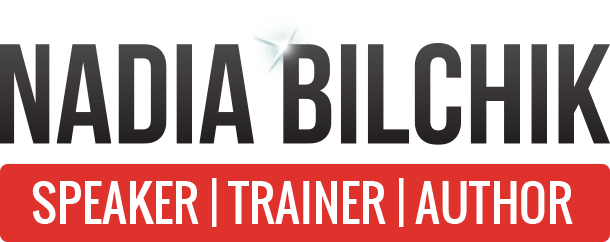
Understanding your unique personality style is critical to mastering your communication skills. Equally important is your ability to assess others.
With this in mind, here are some key observational tools you can use in making your assessments.
Are you fundamentally fast-paced and outspoken, or do you tend towards being more thoughtful and observant? If you are confused by this question, then think about the last meeting you sat in. Did you immediately contribute your ideas, thoughts or opinions or did you wait patiently until others had spoken? Alternatively, did you not speak up at all because you weren’t sure your opinion mattered, or you were concerned that it may not be well received?
It’s important to understand that neither behavior is good nor bad; it’s simply a primary style of operating. The key here is to determine if your style is assisting you or sabotaging you in some way.
The second question concerns your priorities, and in that case, it is helpful to make use of the analytical tools of DISC, a widely used behavioral and personality assessment model based on the work of Dr. William Mouton Marston .
Do you prioritize relationships over transaction or task, or do you tend towards being more analytical and skeptical? Once again, neither is positive or negative, but simply an additional tool to understand yourself and the individuals you interact with.
According to the DISC personality assessment, people fall into four basic categories, with different levels of each category depending on their priorities, life experience, and job title amongst numerous other factors.
People who are both fast-paced and outspoken and who prioritize tasks over relationships are described as having the traits of a D or Dominant personality.
Those who prioritize relationships over task, and who also exhibit outgoing traits fall into the I or Influencer category. I also like to describe this category as Socializers, because they tend to be very friendly and find conversation with a stranger effortless.
The C or Conscientious personality assessment describes individuals who are more thoughtful and observant with a focus on accuracy and detailed execution of tasks. Another word I use for individuals who prioritize accuracy and details in their day to day work is that of a Thinker. If you fall in to this category you tend towards being hyper focused and get frustrated if there is a lack of detail or if you are rushed at the expense of getting things right.
The fourth category is that of the S or Steady. These individuals display a combination of concern for others with a generally more thoughtful demeanor. Again please note the word “generally” as these four personality styles (Dominant, Influencer, Steady & Conscientious) exist in as many combinations as there are people.
Please note I say tend towards, because each person is nuanced and while you may recognize yourself in some of these descriptions, we are seldom only one or another, but a blend. What’s essential in exploring and understanding your personality style is that you understand what motivates you, but equally what derails you.
For example, if you tend toward the Dominant style, you may come across as aggressive, autocratic and demanding when under pressure.
While Influencers have a great deal of initiative and are often extremely creative, without self-awareness they may come across as over enthusiastic or lacking focus.
The Steady style is an integral part of any team, but may be too conciliatory and feel taken advantage of rather than confront a situation.
The High C or Conscientious individual may be superb at ensuring accuracy, but again could derail if there is too great attention to detail and not enough to the bigger picture.
Whatever your innate style or combination of styles, the question remains, how good are you at managing both your strengths and detractors? In many cases, your response depends upon the circumstances, and the way you function in the workplace does not lend itself to simple answers.
Indeed, at the end of it all, the greatest tool we have in navigating our careers is to continue developing our knowledge of self. So congratulations for reading this because you are already well on your way.
Read more articles that will help you improve your personality and communications skills here
Defining Your Personal Brand Starts with Knowing your Superpowers
The Greater Impact of First Impressions
Is Your Relationship with Yourself a Help or a Hindrance?



